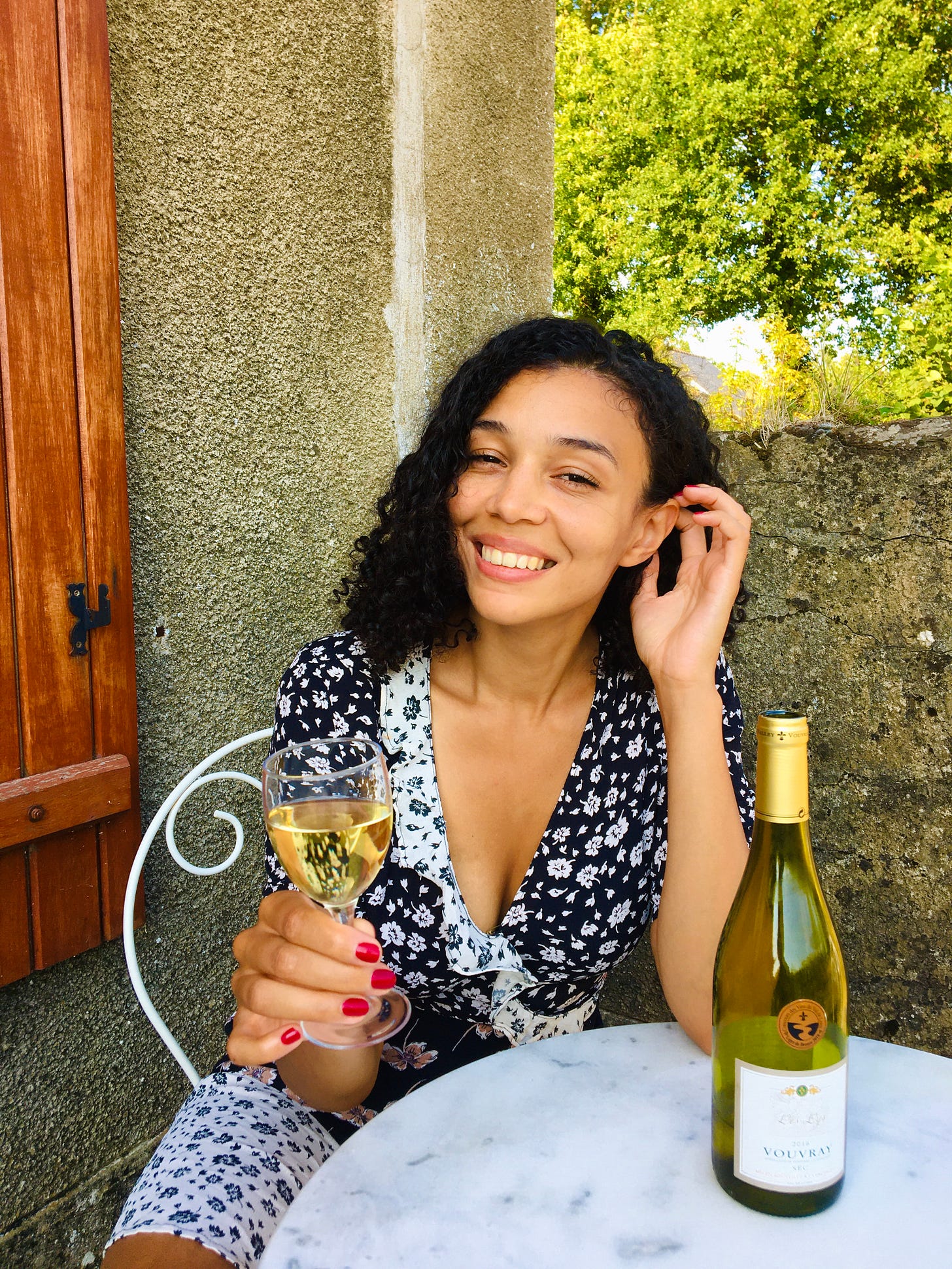Aleesha Hansel: “I compartmentalised my identity – I was different people in different circumstances”
The wine writer on being a product of colonialism, the monolithic idea of mixedness and having seasoning on her plate
Hi, welcome back to Mixed Messages! This week I’m speaking to wine writer Aleesha Hansel, who is of mixed-Jamaican, white English and Indian heritage. In an industry that’s predominantly filled with white men, Aleesha brings a fresh and long-overdue approach to wine from an anthropological lens, influenced by her mixed heritage. Read her story below.


